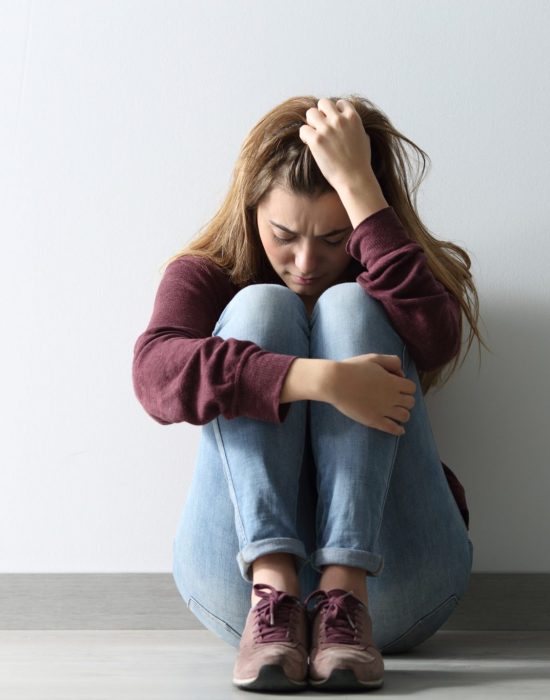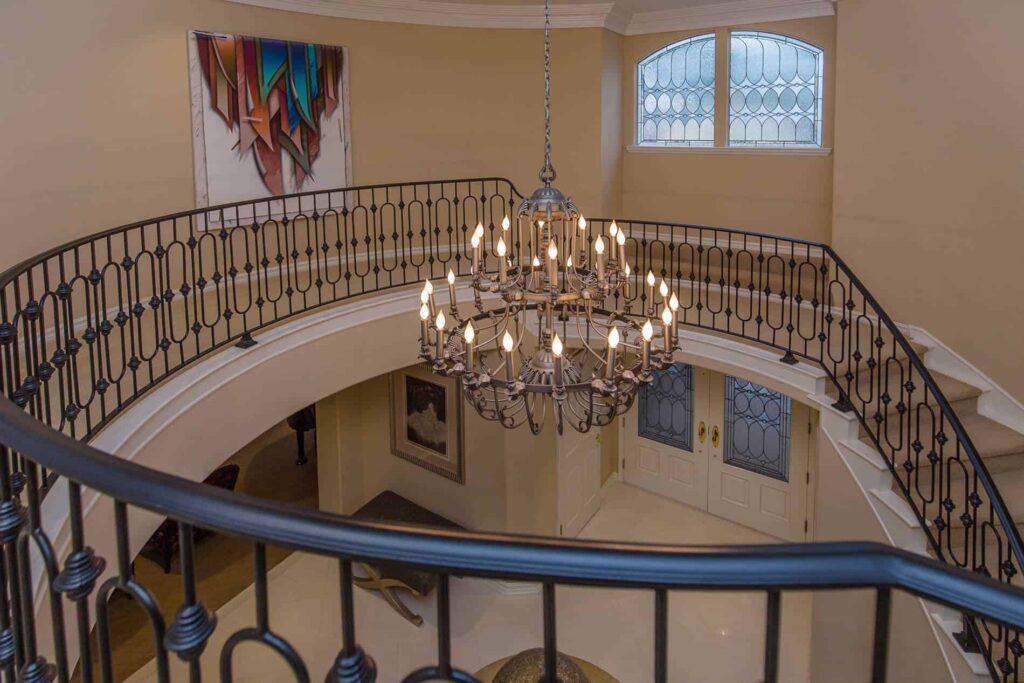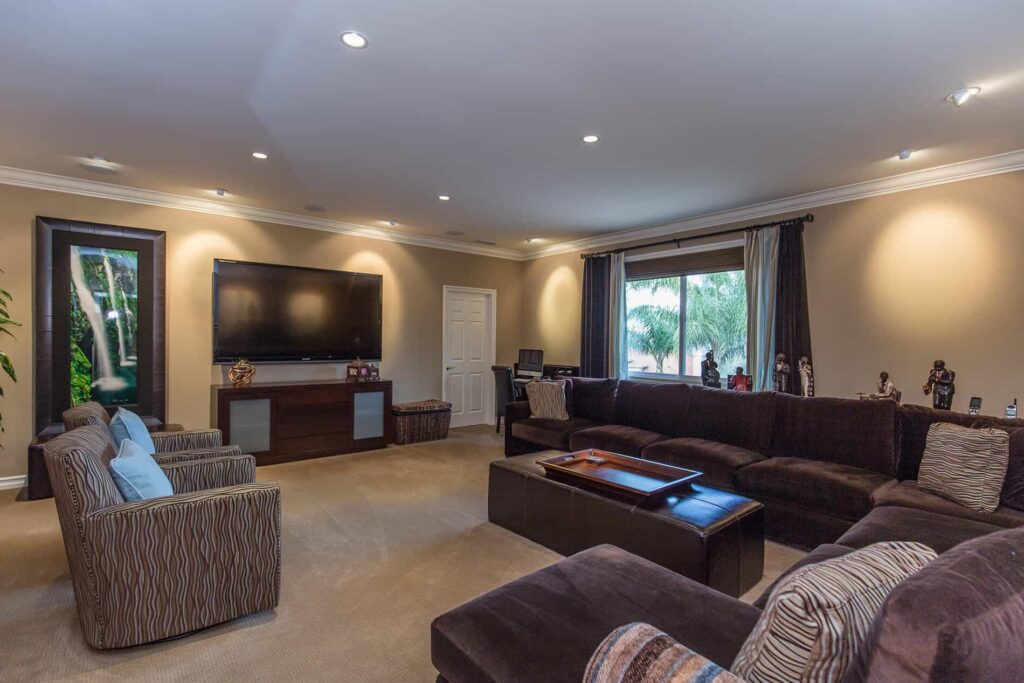Teen Social Anxiety Disorder (SAD) / Social Phobia
Home » Treatment for Teens » Teen Social Anxiety Disorder (SAD) / Social Phobia
Teen Social Anxiety Disorder (SAD) / Social Phobia
Teens with social anxiety disorder (SAD) / social phobia have an excessive and persistent fear of social performance in social situations such as school, parties, athletic activities, and more. They are extremely anxious about doing something embarrassing in front of others, or that others will think badly of them. These teens constantly feel “on stage,” which can lead to a great deal of self-consciousness, distress, and avoidance. Some teens are only afraid of speaking or performing in public, while others fear and avoid a wide range of social situations. Being a shy, quiet, or introverted teen is not the same as having social anxiety disorder.
Here are some facts on SAD:
- Social anxiety disorder usually begins in early adolescence. It may also start earlier during the elementary school years.
- A stressful or embarrassing experience may trigger its sudden development.
- There is some evidence that social anxiety runs in families so there may be other family members who share similar difficulties.
- An equal number of girls and boys experience social anxiety. In any given school year, many children will be diagnosed with social anxiety.
- Some of the problems associated with social anxiety disorder include: poor school performance, lack of confidence in social situations, trouble to develop and maintain friendships, depression, and alcohol or drug use.
- Children may exhibit strange behaviors, physical sensations, emotions, and express odd thoughts.

Symptoms
- Feeling very self-conscious in social situations, with symptoms such as – extreme shyness, stomachache, fast heart rate, dizziness, and crying.
- Having a persistent, intense, and chronic fear of being watched and judged by others.
- Feeling shy and uncomfortable when being watched (giving a presentation, talking in a group, performing at an event).
- Feeling hesitant to talk to peers (avoiding eye contact, sitting alone at lunch, being reluctant to speak during group projects).
- Having physical sensations of anxiety (blushing, heart palpitations, nausea, and sweating, feelings of embarrassment or humiliation).
How Is SAD / Social Phobia Treated?
1. Medications: For some teens, taking a prescription medication can be an easy and effective treatment for SAD / social phobia.
• In some cases, medication can dramatically reduce social phobia or even eliminate it. Other teens do not react to certain medication and aren’t helped at all. There is no way to predict if medication will be helpful or not. Sometimes, many medications are tried before finding one that works. Medications are easy and are taken just once a day.
But there are some side effects to take into account:
• Medication only treats symptoms. If you stop taking it, social phobia symptoms will return. Also, many teens experience side effects from anxiety medications. These may include – headache, stomachache, nausea, and sleep difficulties.
For many teens, the advantages of medications outweigh the disadvantages. This is a choice that must be weighed by the teenager, his/her medical practitioner, and his/her supportive family members.
2. Behavioral Therapy: Behavioral therapy used to treat SAD / social phobia is also known as exposure therapy. This therapy can help identify and change the fearful thinking that makes one anxious in social situations. A gradual exposure to social situations from small to large helps the brain to learn that the social situation that one was afraid of is not really so bad. Treatment aims to cure at the root of the problem and not only address the symptoms. After stopping behavioral therapy, the chance of social phobia returning is less likely.
3. Relaxation Therapy: This therapeutic approach teaches relaxation techniques, such as breathing exercises and meditation. Although relaxation therapy may help with some specific social phobias, it is not considered effective treatment for general social phobia.
4. Beta-blockers: This procedure treats high blood pressure or other heart problems. Yet beta-blockers are also effective for treating some people with a specific type of social phobia called “performance social anxiety.” For example, if one is fearful of performing in public, such as public speaking, beta-blockers may be of assistance. Beta-blockers are not effective for treating general social phobia. But they may help if fear of a specific circumstance, occurring at a specific, predictable time is the problem.
Treatment at Hillcrest
Hillcrest Adolescent Treatment Center (Hillcrest) is a licensed, residential mental health facility, specializing in the treatment of teen SAD / social phobia. Hillcrest aims to help clients become centered and empowered to address their struggles head on and to find the most wholesome path for long-lasting healing, and enable them to maximize their quality of life.
In line with the treatment philosophy and facility mission, Hillcrest provides a range of innovative and creative therapeutic, experiential, and clinical evidence-based treatment options in a natural and peaceful environment, to benefit both mind and body health. Simultaneously, clients are provided with an educational school component, as well as healthy recreational activities, including; library, art, music, and a range of outdoor exercise programs, including tennis and swimming. All healing is guided by dedicated doctoral level medical healthcare professionals and therapists with stellar background and experience. At Hillcrest the road to recovery is real and supported every step of the way for you and your loved one.






